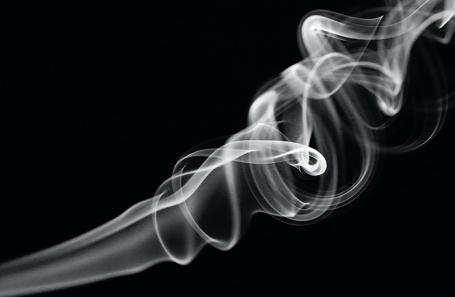Archom Meterev, chairman of the Youth Policy Committee of the Russian State Duma, said at a press conference that the Russian Ministry of Health will soon submit a bill banning the list of additives for electronic cigarettes to the Russian Cabinet for review.
This list of substances that are prohibited from increasing the attractiveness of nicotine-containing liquids includes:
Food additives, herbal flavoring additives and their derivatives, including vanillin, cocoa and its derivatives, licorice, spices, any natural flavor, are prohibited. And synthetic sugars, synthetic or natural sweeteners;
Additives that enhance nicotine addiction, including nicotine salts, ethanol, ammonium, and ammonia, are prohibited.
Russia on August 8, the izvestia reported that Russia’s nicotine products industry alliance (С о ю з п р е д п р и second т и й и н д с т р и и н и seem о т и н о с о д е р ж а щ и х и з д е л и й, Hereinafter referred to as С П И Н И) and Russian electronic nicotine system market professional alliance (П р о ф е с с и о н а л ь н ы й а л ь second н с discusses some related problems а с т н и seem о kind guide р с с seem о f о р ы н seem а э л е seem т р о н н ы х н и seem о т и н о kind guide ы х с и с т е м, P.p. has sent a letter to Russian Finance Minister Anton Siluanov demanding that food flavoring and salt-based nicotine be removed from the list of banned substances and additives.
The letter was supported by more than 50 legal persons and experts in the e-cigarette industry. Among them, Lev Grigoriev, chairman of BABYLON, a Russian head e-cigarette compliance distributor, is also among those opposing the policy change.
Lev Grigoriev said:
Fragrances are used in all (e-cigarette) liquids, and many of them are not eye-catching fragrances. Many spices are processed by technology, without which the product simply cannot be used. In other words, a blanket ban on all spices is illogical, and there is no equivalent in the world.
The (Ministry of Health) recommendation to keep only liquids containing propylene glycol and glycerin is just like the recommendation to ban all types of alcohol – wine, liqueur, brandy, etc. – and use only pure alcohol.
The second recommendation concerns nicotine salts. What is nicotine salt? Chemically, it’s nicotine. Why does the Department of Health think it’s addictive? Addiction is not caused by nicotine itself, but by its concentration.
This proposal by the Ministry of Health will not actually solve the problem it claims to have – reducing the availability of nicotine products for minors and adolescents. What are some examples of similar bans? Like snus, the Swedish tobacco product? The product is still available on the market, but is only supplied in an illegal manner, without paying taxes. For consumers, these products of unknown quality are obvious negative effects. Similarly, the situation would be similar if nicotine salts and fragrances were banned.
What are industry experts’ recommendations for the market? Instead of a total ban on all flavors, e-cigarettes themselves are made up of various substances.
Given that minors make up about 11.2 percent of all e-cigarette consumers, we are working to limit the availability to minors, and in this case, about 90 percent of adults will be affected.
References:
【1】Бизнес попросил не запрещать использование ароматизаторов в вейпах
【2】Продавцы вейпов просят не запрещать ароматизаторы










